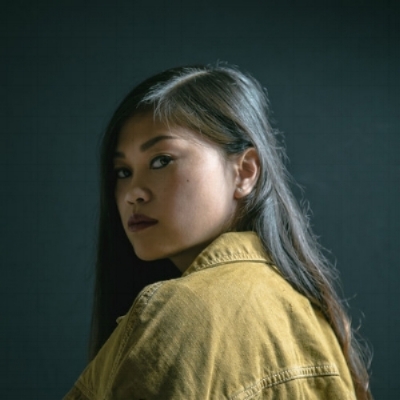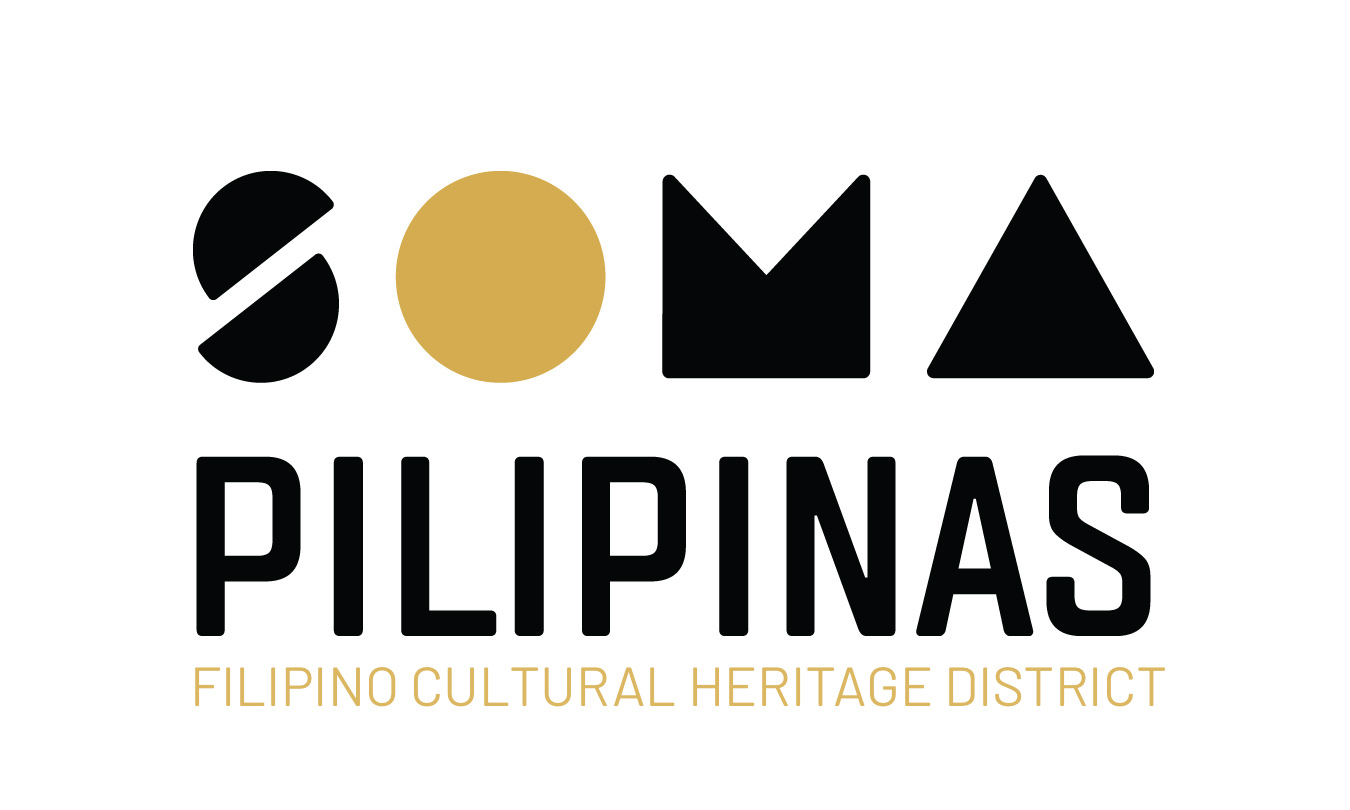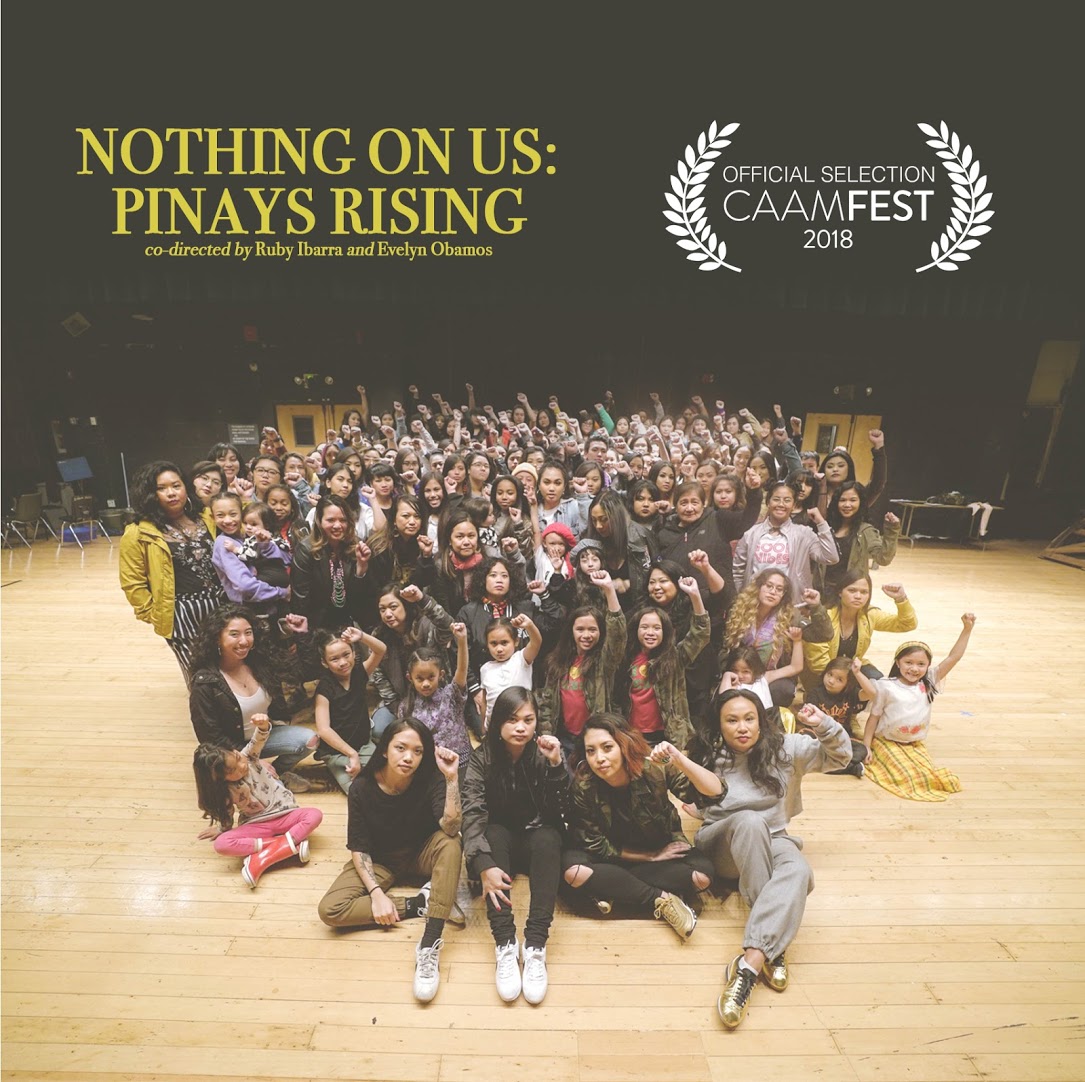Ruby Ibarra in conversation with KSW

Ruby Ibarra is a rapper, spoken word artist, and music producer from the Bay Area. Her first album, Circa 91, was recently released on Beatrock Records to critical acclaim. She’s been featured on Buzzfeed, NPR, and Huffington Post, and has performed at Rock the Bells Festival, Paid Dues Festival, and Araneta Coliseum. She was recently featured in the short documentary “Can’t Judge a Book” with SZA.
INTERVIEW WITH RUBY IBARRA, RAPPER, AT BUILDING LEGACIES:45 YEARS OF ART AND REISISTANCE
Circa 91 is an amazing album and does some incredible work in making it feel like a complete experience from beginning to end. What drove you to take this kind of memoirist approach to the album and what challenges did you face in trying to make this all come together?
Thank you! The initial jump into the album took awhile because I kept trying to find a theme that I felt compelled enough to write a full-length album about. Before writing the first song, I definitely knew that I wanted to create a project that would read like a book from beginning to end. I've always been a big fan of albums that are cohesive (that, if you remove one song from its track list, that it would feel incomplete). I grew up loving albums like Lauryn Hill's "The Miseducation of Lauryn Hill" and Eminem's "The Marshall Mathers LP"-- both albums that have tracks that wouldn't fit anywhere else in that artist's discography. More recently of course, I also fell in love with Kendrick Lamar's "Good Kid Maad City." These three favorite albums of mine were all cohesive and also all had skits-- something that I felt has been missing in a lot of contemporary rap projects. I feel that the "memoirist" approach came naturally when I wrote the song "Someday." That was the moment that I knew that I had a story to tell, an important one at that. From that moment, the rest of the songs came naturally and it was easier for me to assign different topics to different points in the album. For example, Brown Out is about colorism, Someday is about immigration/citizenship, Playbill$ is about money and the worth of the dollar vs. piso, etc.
Who and what would you count as your biggest influences on Circa 91?
My parents as well as my own experience are what created CIRCA91, thematically and story-wise. Everything on the album, including the skits, are based on real-life events that we experienced in the '90s as first generation immigrants. The songs on this album are some of the most honest lyrics I've ever written, and were also the most difficult songs I've ever had to write. In the past, I would go into the studio ready to write metaphors and braggadocio raps, but this time, it was more challenging because I had to put myself into a specific time of my life and I had to remember what I experienced and how I felt. It is nerve wracking to put your real life experiences out there! Aside from immigration, a lot of of the songs touch on self-hate/insecurities, feeling invisible/underrepresented, divorce/effects of not having a father figure, etc.
On “Someday” you give a shout out to Jessica Hagedorn. How does it feel co-headlining Building Legacies: 45 Years of Art and Resistance with her?
I feel absolutely elated to be part of the same event as Jessica Hagedorn. I own and have read her books "Dogeaters," "The Gangster of Love," "Manila Noir", and "Dream Jungle." I think she is an amazing writer and look forward to meeting her!
As a rapper who can move between languages and dialects, in the creative process what differences do you find working within each, and are there certain things one language offers that the other can’t?
I always tell people who ask me about my decision to use two languages (and several dialects) in my lyrics is that Filipino dialects are very percussive. There are a lot of words particularly in Tagalog and Waray that are multi-syllabic, which makes for more interesting rhyme patterns and flows. Specifically with CIRCA91, I felt it important to utilize Tagalog and Waray because language is certainly an important component of the immigrant experience. If I didn't also tell part of the story in another language, I think the project would have been incomplete. In terms of the creative process, I am much more fluent in English than I am in Waray (my mother's native tongue), so it's always going to be much quicker for me to write rhymes in English, and much easier for me to express myself or to tell a detailed story. When it comes to writing raps in Waray or Tagalog, I typically go for more of a sonic approach.
What are your top five songs currently in rotation?
(I've been listening to the Black Panther soundtrack for the past 2 weeks)
1. Kendrick Lamar - King's Dead
2. SOB x RBE - Paramedic!
3. Mozzy - Seasons
4. Kendrick Lamar - Big Shot
5. Schoolboy Q - X





